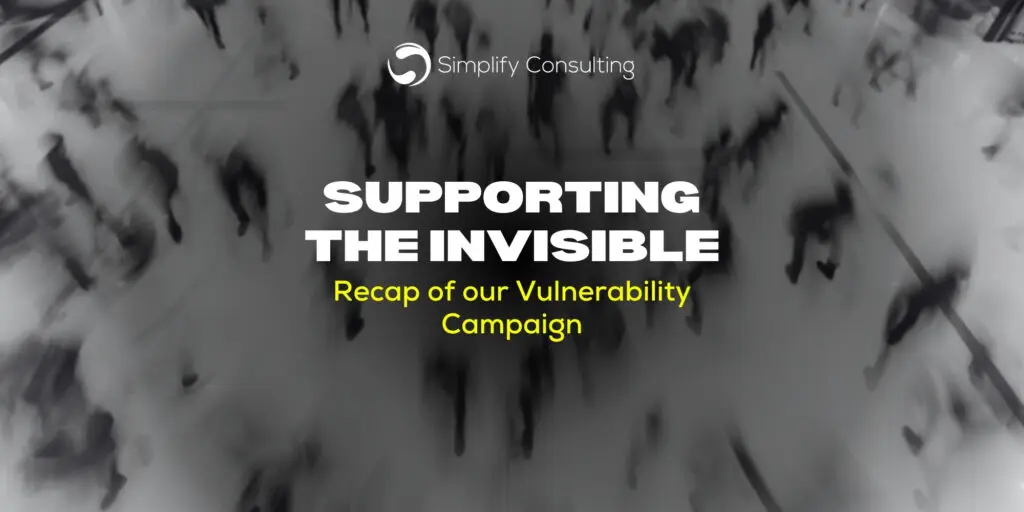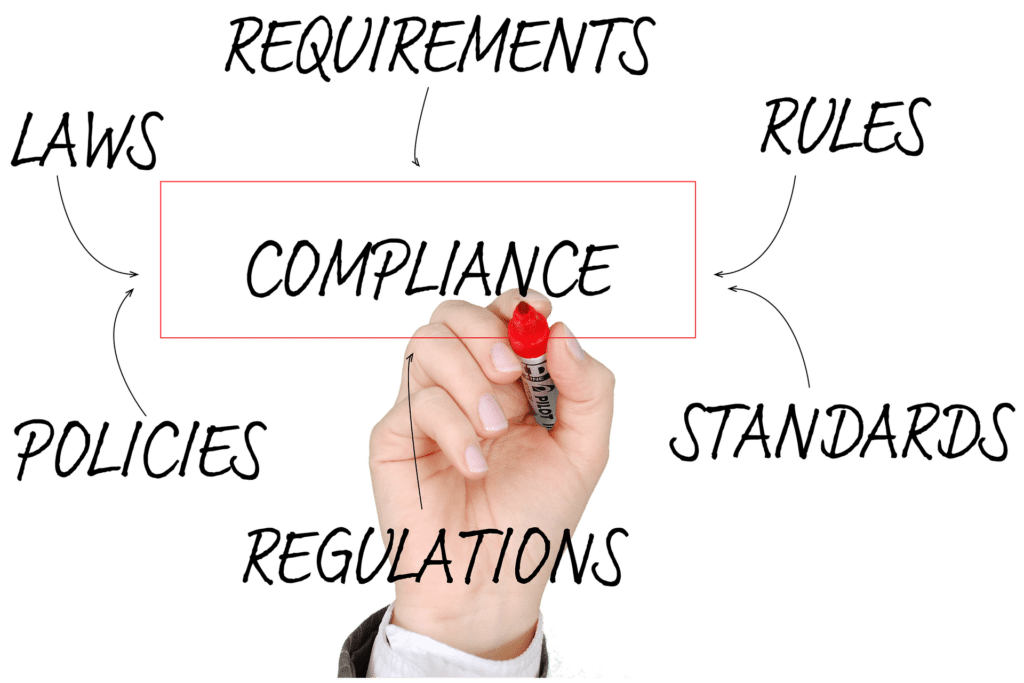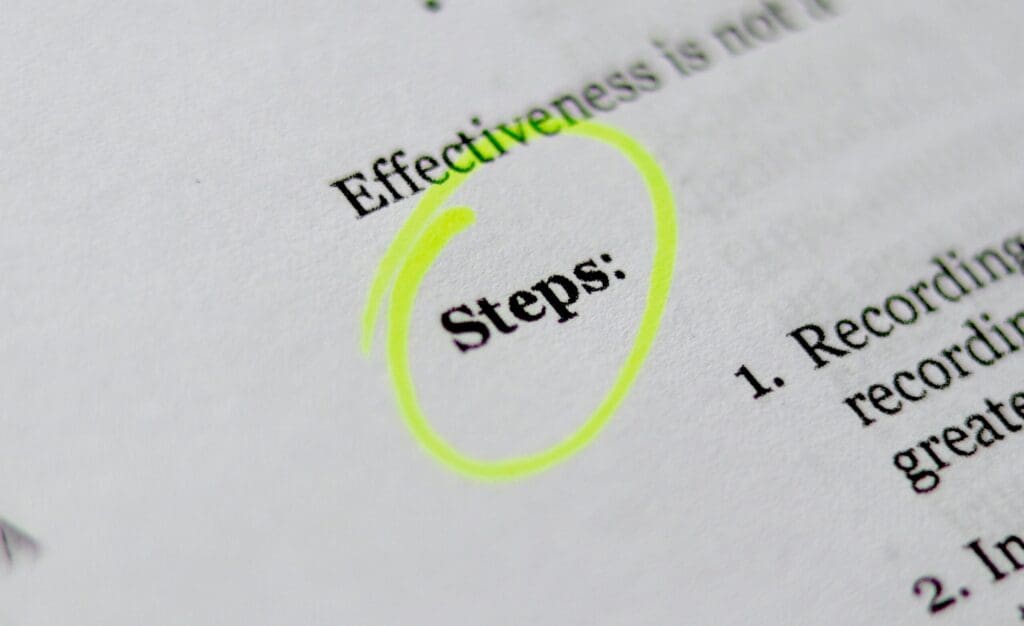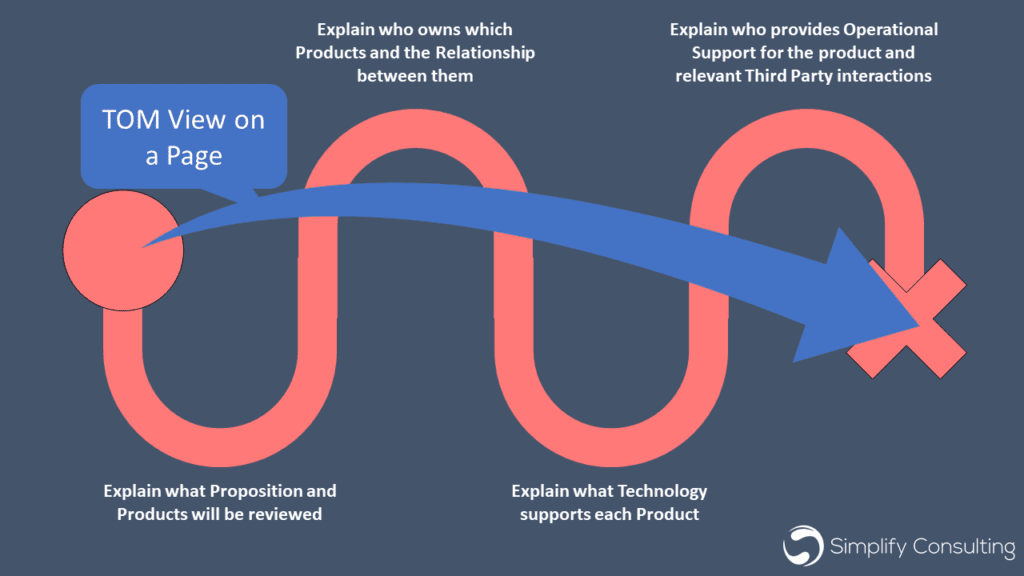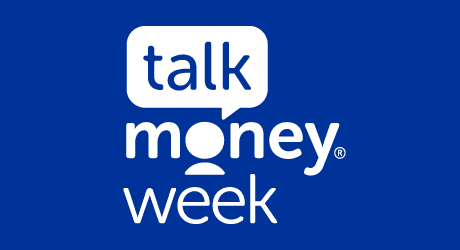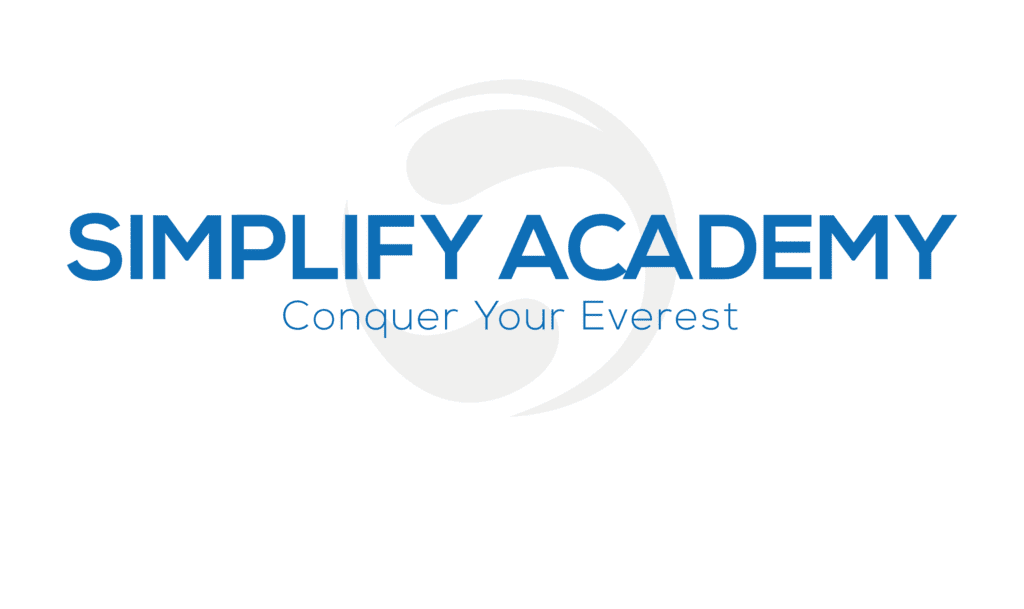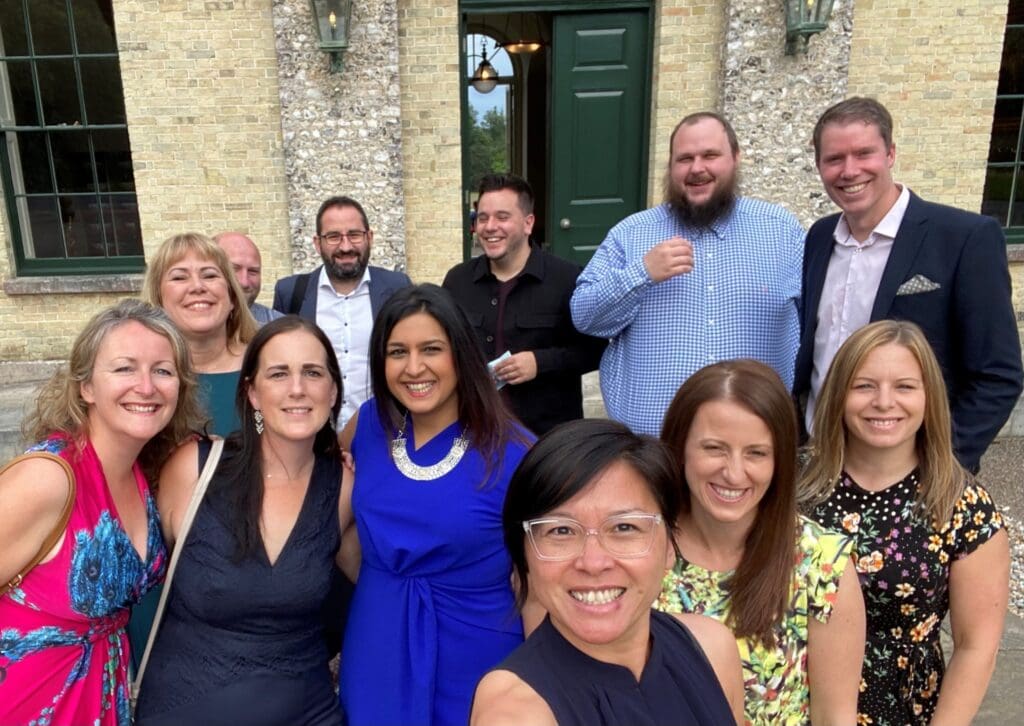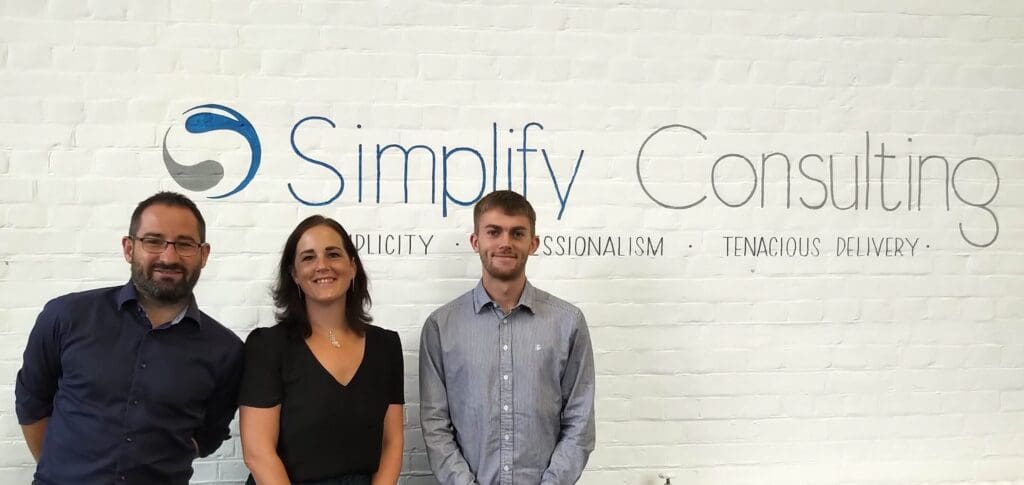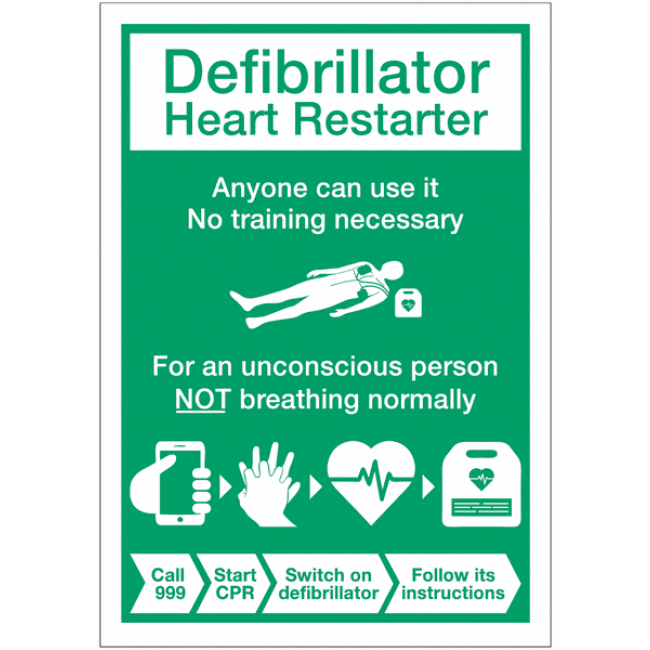
Steering committees, (often called Steer Co’s or Steering Groups) are an essential part of a projects governance structure and will ultimately play a big part in your project’s success. (see our top tips on project Governance and Controls) .
But what exactly are they? What do they do? How do they work?
All good questions, so let’s start by answering them and dispelling some of the myths and misunderstandings around Steer Co’s.
What exactly are they?
As the name implies, a project Steering Committee is a group of people who together help steer a project through from start to completion.
The committee usually consists of the project sponsor, the key stakeholders in the project and other relevant subject matter experts – for example in the case of a project where compliance concerns must be considered, it would be prudent to have a compliance expert as a Steer Co member.
The Steer Co is there to make decisions, provide advice and strategic oversight and generally “steer” the project along the correct path. Members of the Steer Co will have accountability for the project’s success and as such it is vital, they have the appropriate (delegated) authority to make decisions. Since the Steer co members will generally be executives in senior roles this authority usually comes as a default, however, should be secured if this is not automatically the case.
What do they do?
Steering is different to “managing”. Managing is about getting the job done. Steering however is ensuring the right job is being done in the right way.
The steering committee members do not normally work on the project itself, but will all have a vested interest in the project’s objectives and deliverables. They provide support, guidance and oversight of the processes being undertaken to deliver the project.
The Steer Co provides the change governance for the project, and act as a point of escalation when critical decisions and/or resolutions are required. The Steer Co will make key decisions, to enable the project to resolve conflict when issues arise (which may occur regardless of whether the project is currently on track or otherwise).
For example, if the project is forecast to cost more than originally budgeted, the Steer Co decides on whether the budget should be increased or whether alternative actions need to be taken to bring the project back in line with the budget.
How do they work?
As implied by the “committee” part of the name, the Steer Co works by meeting regularly, to review information provided to them, which allows them to jointly make decisions and provide the support and advice needed to help the project continue on the right path. The project manager will attend these meetings to present the items requiring the committee’s “steer”.
As with any committee, it is important to organise and structure these meetings to ensure the most effective outcome.

Getting the most from your Steering Committee.
To get the most from your Steer Co, you need the right people on your committee and sufficient attendance at meetings to facilitate decision making and provide well rounded advice.
Remember your committee members may not have been part of a Steer Co before – they may not understand the role or how things should work.
Here’s a few tips to help you ensure you can get the best from your Steer Co.
- Terms of reference – set out the structure and membership of your Steer Co, so everyone is clear on the roles and responsibilities of its members and the terms under which it will operate. Be clear about what constitutes a quorum (minimum attendees for a meeting to be viable), and identify standing agenda items for the meetings.
- Communication – Your Steer Co will include your sponsor and key stakeholders so need to be kept up to date on the projects progress. This will enable them to make informed decisions based on an understanding of current progress and position of the project. It is especially important they are up to date on the risks and issues your project is facing. – this can all be easily achieved by including them in your project progress reporting (see our top tips for Project Reporting and Risks and Issues).
- Collaboration – work with your Steer co members in terms of securing their buy in and support outside of the steering meetings. It is not uncommon to brief members of the Steer co in advance of meetings so there are no surprises. It’s good stakeholder management to engage, liaise and communicate with attendees outside of the formality of a governance forum and briefing them about key decisions or actions and making their opinion feel valued may be an important step in securing buy in.
- Plan the Steer Co meetings in advance – ideally to a regular schedule (monthly may be a good frequency to start with). Your steering members are senior people with busy diaries. Planning ahead ensures maximum attendance at meetings.
- Produce a Steer Co pack for each meeting, clearly setting out the agenda items and providing additional information for each item – circulate this well in advance of the meeting, so members are briefed ahead of each meeting and can prepare accordingly.
- Be clear about what you are asking for from your Steer Co for each agenda item – are you looking for a decision, advice, help in resolving a challenge? Present the facts and offer solution options – the Steer Co are free to come up with different options of their own, but it is always better to provide them with some potential options to review.
- Record actions and decisions from each meeting. This can be done by keeping minutes if you prefer, or more simply by keeping a decisions and actions log which records which meeting they originated from and may also be used to record the progress of actions outside of the meetings. Remember to circulate the updated log after each meeting. The log can them be used in each meeting to review all actions and agree how to progress any uncompleted ones.
Your Steer Co won’t run the project for you, but if it’s members are appropriately selected and well briefed, they will provide you with an excellent means of support and guidance throughout, which can only have a positive impact in helping you deliver a successful project.
If you’d like to know more about how we can help guide you through setting up and running your projects with great governance, controls and implementing best practice please get in touch with us via [email protected].
Sheila Sambrook
Head of Delivery





